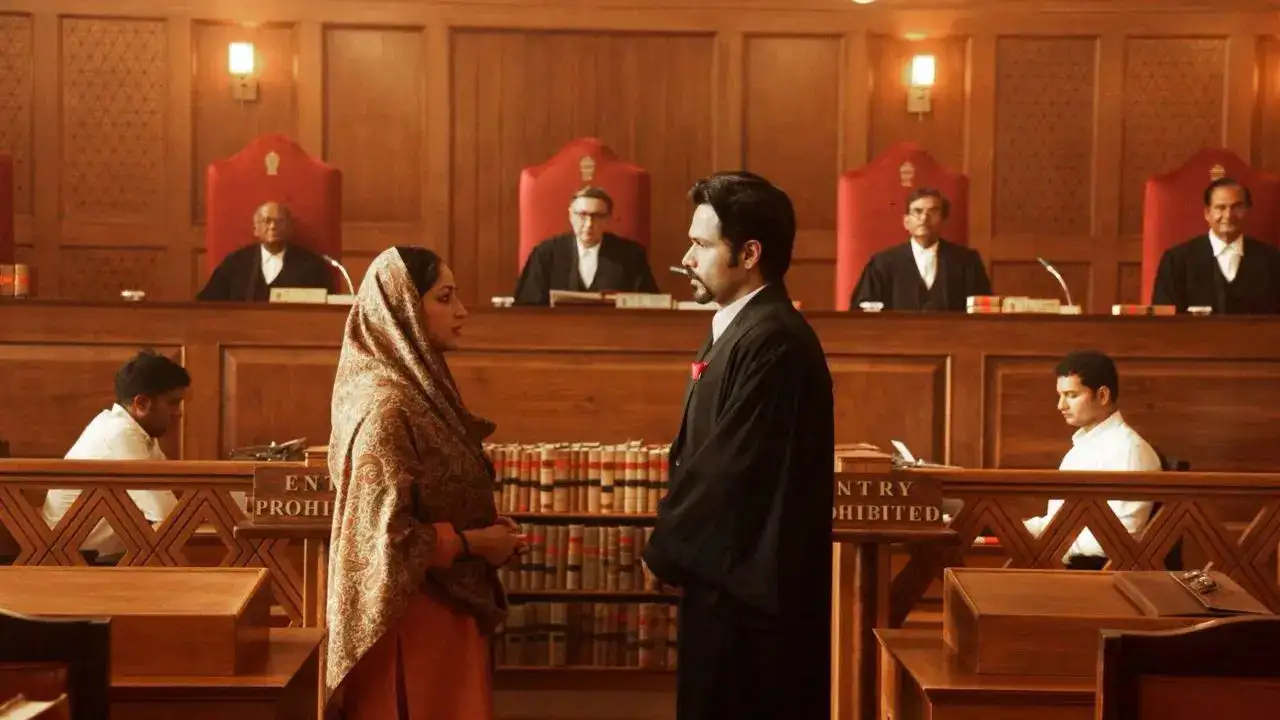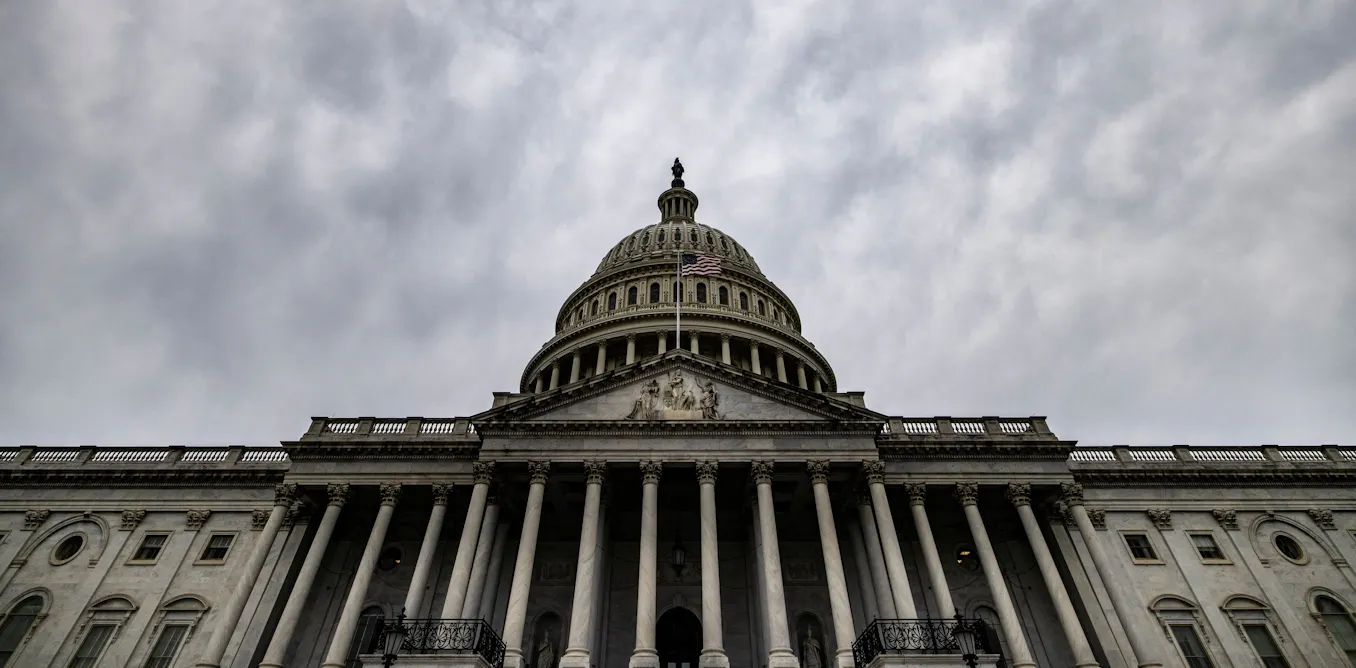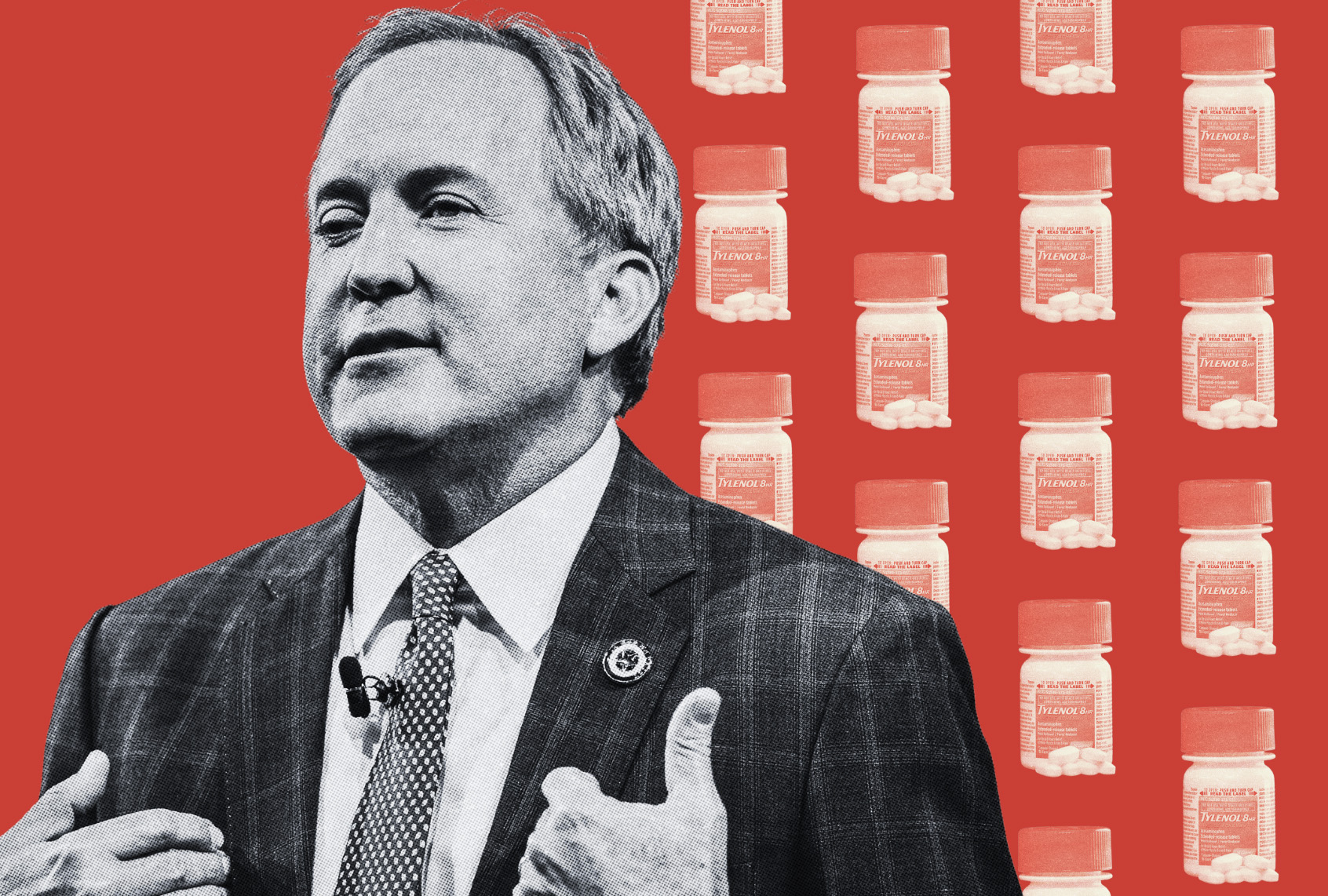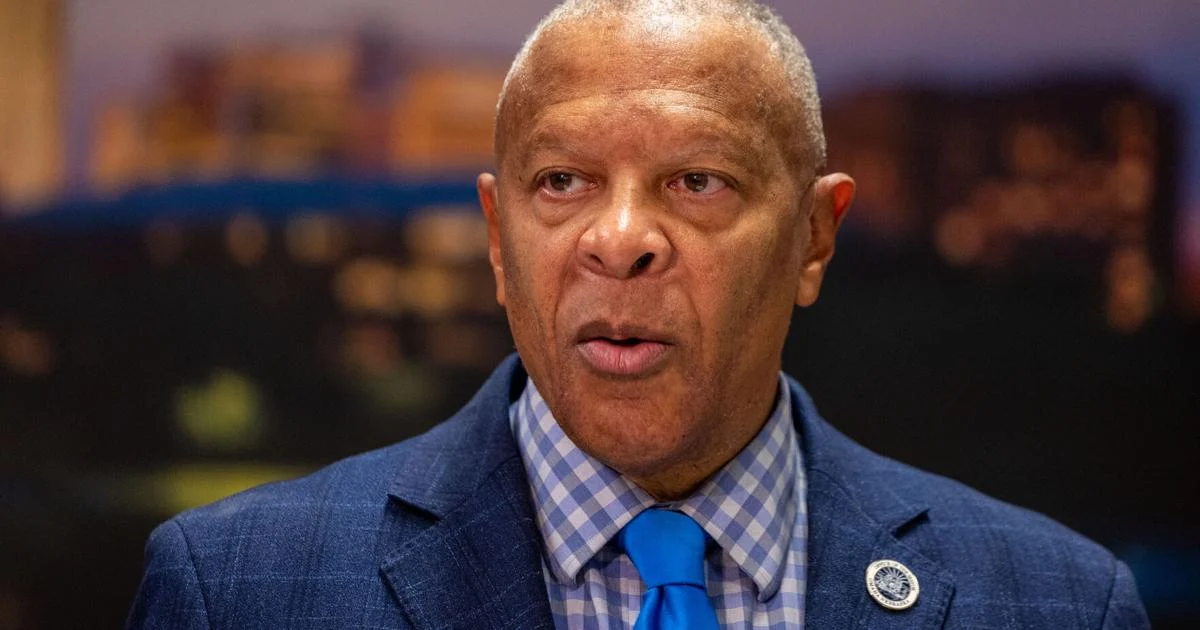Copyright timesnownews

When the Emraan Hashmi–Yami Gautam starrer 'Haq' releases on November 7, it will do more than revisit a courtroom drama — it will reopen one of India’s most uncomfortable moral, religious, and legal debates. Inspired by the Supreme Court’s landmark 1985 ruling in favour of Muslim women, the film arrives at a moment when the country’s social conscience once again seems ready to weigh faith and age-old personal laws against secular law. If early insights are any indication, ‘Haq’, produced by Junglee Pictures and directed by Suparn S Verma is not about glorifying rebellion; it is about reclaiming justice long denied in the name of “law.” The film traces the journey of a Muslim woman who sought nothing more radical than maintenance from her husband — and, in doing so, exposed the uneasy fault line between religion, politics, and gender within India’s social and legal framework. Cinema that questions how institutions respond to moral courage can provoke national introspection and for that effort alone, the filmmakers deserve credit. ‘Haq’ could well be that mirror — one that reflects how far India has travelled since 1985, and how many decades it lost to expediency dressed as secularism. When 1985 Supreme Court Ruling Shook The Nation The 1985 Supreme Court ruling in favour of Muslim women and their ‘Haq’ was a milestone in India. The top court of India ruled that a divorced Muslim woman was entitled to maintenance under Section 125 of the Criminal Procedure Code — a secular safeguard meant for all Indian citizens. The landmark judgment reaffirmed the idea that equality and dignity must prevail over personal laws when the two collide. The case could have been a transformative step toward gender justice but it quickly became a political embarrassment for the then Congress government under Rajiv Gandhi. Bowing to pressure from orthodox bunch, the Prime Minister's administration enacted the Muslim Women (Protection of Rights on Divorce) Act, 1986. The new law effectively nullified the judgment, limiting maintenance to the brief iddat period - the mandatory waiting time of three months that a Muslim woman must observe after divorce. In one sweeping move, the state reversed the Supreme Court’s big assertion of gender equality — replacing legal progress with political appeasement. And in that moment, India’s promise of secularism was reduced to selective surrender. The fallout was not merely legal; its impact ran deeper. It signaled that women’s rights could be negotiated if electoral arithmetic demanded it. The move also created the impression that India — the world’s largest democracy — was falling behind Muslim-majority countries like Pakistan and Bangladesh in safeguarding the rights of divorced Muslim women, both of which had modernised their personal laws decades earlier. Undoing a Historic Wrong It took thirty-three long years to right the historic wrong. In 2017, the Supreme Court struck down instant triple talaq as unconstitutional. Two years later, the central government led by Prime Minister Narendra Modi enacted the Muslim Women (Protection of Rights on Marriage) Act, 2019, which criminalised the practice and made it legally void. The move was more than just a legislative correction — it was a reaffirmation of faith in constitutional supremacy. The irony, however, was unmistakable: decades before India acted, several Muslim-majority nations had already outlawed instant triple talaq — Egypt in 1929, Syria in 1953, Pakistan in 1956, Iraq in 1959, and Bangladesh in 1972. That the world’s largest democracy, founded on the ideals of secularism and equality, had to wait until the 21st century to do the same remains a telling reminder of how politics can delay justice. The BJP government at the Centre, backed by a judiciary unafraid to uphold constitutional morality, did what the Congress could have — but did not — in 1986: defend the absolute right that several Muslim women, including Danial Latifi (2001), Iqbal Bano (2007), Shabana Bano (2009), and Shamina Farooqui (2015), later fought for. It further affirmed that Section 125 of the CrPC applies irrespective of religion, gradually establishing a dual entitlement under both personal and secular law. The move reaffirmed the principle that gender justice cannot be subservient to religious or electoral math. In one stroke, the Modi government did what few dared — it cleared the moral clutter clouding India’s long-delayed reform: the Uniform Civil Code. The Case for One Law for All: UCC Article 44 of the Indian Constitution speaks clearly of a Uniform Civil Code — one law for all citizens on marriage, divorce, inheritance, and adoption. Yet, more than seven decades on, that constitutional promise remains buried under political caution and public apathy. The 1985 Supreme Court verdict had briefly reopened that conversation, and the triple talaq ban took it a step further. But both were isolated victories — historic, yet unfinished. Without a Uniform Civil Code, India will continue to treat equality as a series of exceptions instead of a single shared principle — one nation, one law. As often alleged, the Uniform Civil Code is not an assault on faith; it is an affirmation of fairness — one law for all Indian citizens, without bias. It does not erase diversity; it simply ensures that diversity does not come at the cost of women’s dignity. In a plural democracy, equality before the law cannot be conditional upon one’s religion. A Moment of Reckoning? If ‘Haq’ succeeds in sparking that hush-hush debate, its importance will go far beyond box-office numbers. It will remind India of a time when a woman’s plea became a national crisis — not because it threatened faith, but because it challenged convenience. The film’s title, meaning “right,” is therefore apt. The story it revisits remains the unfinished business of Indian democracy. The courts have spoken, governments have acted, but the true test of justice lies in whether the law treats every woman — Hindu, Muslim, Christian or Sikh — as equal in the eyes of the Republic. Until that day, ‘Haq’ will remain not just a film title, but a question that India still owes an answer to. For all the latest news and india news, visit Times Now to get live updates and breaking news around the world.



